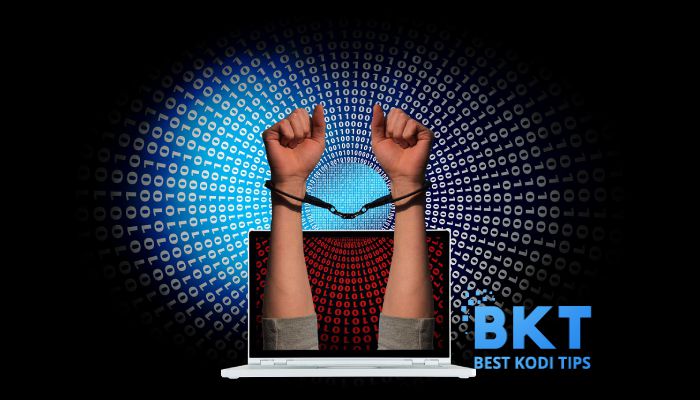Instead of just protecting your laptop and desktop computer, it’s a good idea to get all of your personal devices secured against online theft. This is particularly vital if you connect your phones and tablets to your computer devices on a regular basis. By getting all of your devices protected, you will ensure the security of your sensitive information.
Antivirus Software
The easiest way to guarantee a certain level of protection for your devices is to download antivirus software on all of your devices. This not only protects your device from infections, but it also runs scans to sweet up any malware that may have crept onto your devices as a result of suspicious downloads. This means that you can routinely scan for and quarantine infections.
Get Passwords
If you don’t already have a password for your device, you are surprisingly in the majority. It’s estimated that around 64% of us don’t have passcodes on our devices, leaving them susceptible to cyber and physical crime. You absolutely must have a complex password in order to keep your device safe. A ‘secure’ password should have a combination of upper-case and lower-case characters and include some numbers and special characters.
Ideally, you should also rotate your passwords and change them every now and then. This stops your security measures from becoming predictable. After all, once they have one password, they will have access to your other accounts, too, if they use the same security codes.
Be Careful with Apps
It’s always a good idea to be incredibly selective about where you download your apps from. Of course, our devices are full of apps from various sources, most of which are from blue-chip, official companies. However, even small, less reputable companies are capable of developing apps, some of which could be incredibly damaging for your devices.
The best way to practice safely with apps is to only download ones from a recognizable, reputable source. There are also parent control features that enable you to cancel app downloads on your children’s devices.
Use Cloud Storage
You should never assume that a cyberattack will never happen to you, and as such, it is incredibly wise to use cloud storage to back up all of your data. Unlike a physical hard-drive, cloud storage cannot randomly corrupt and leave you bereft of all of your personal data.
Instead, you can leave it in a password-protected virtual storage space, which you can access as and when you need to. It’s also a vital resource should you need disaster recovery.
Public WiFi
The reality of public WiFi is it isn’t secure. It can be hugely useful when we’re in a rush or need instant access to the Internet — without draining all of our data. However, it is not entirely safe to carry out tasks that use sensitive data, especially in the case of financial transactions.
If you are going to use a public WiFi provider, make sure you use one by an official company that you trust. Don’t join a suspicious open WiFi with an ambiguous name.
Software Updates
Cybercriminals are always looking for loopholes, and software is one of their main targets. They will look for ways to penetrate a software’s security measures and gain access to a user’s details and information. Software manufacturers know this, so if your device is behind on its iOS update or otherwise, be sure to refresh this as soon as possible.
Protect Your Browser
If there is an option to get web browser security that automatically shuts down advertisers and other suspicious cookies, then you should use it immediately. When you accept the cookies for a website, you are leaving a sort of crumb trail around for other advertisers and websites.
This is useful for people who want to make money off you through tailored advertising, but it does hinder your own privacy. Shutting down your online paper trail is also useful for keeping hackers at bay.
Conclusion
Staying safe online isn’t always easy, particularly when hackers and cybercriminals are always working to find loopholes in most operating systems. However, most preventative measures are relatively simple and easy to do on a regular basis to keep your computer safe.
Changing your password only takes a few minutes, and downloading virus software will take comparatively less time than trying to remove ransomware off your computer. You can also remember to be picky about which apps you download, which WiFi sources you use, and to back up your data on cloud storage. Keeping your computer safe is about taking a collective approach.















Comments